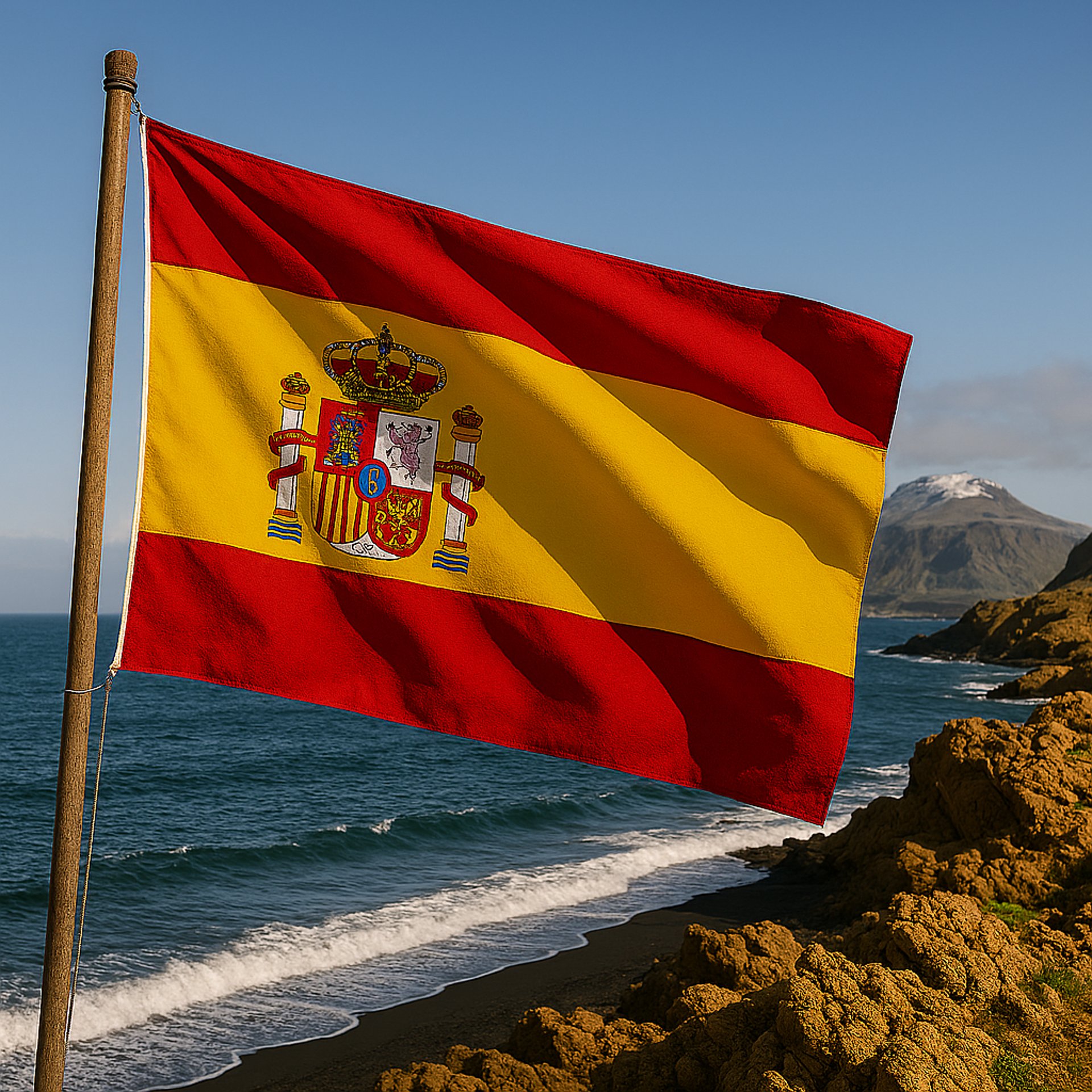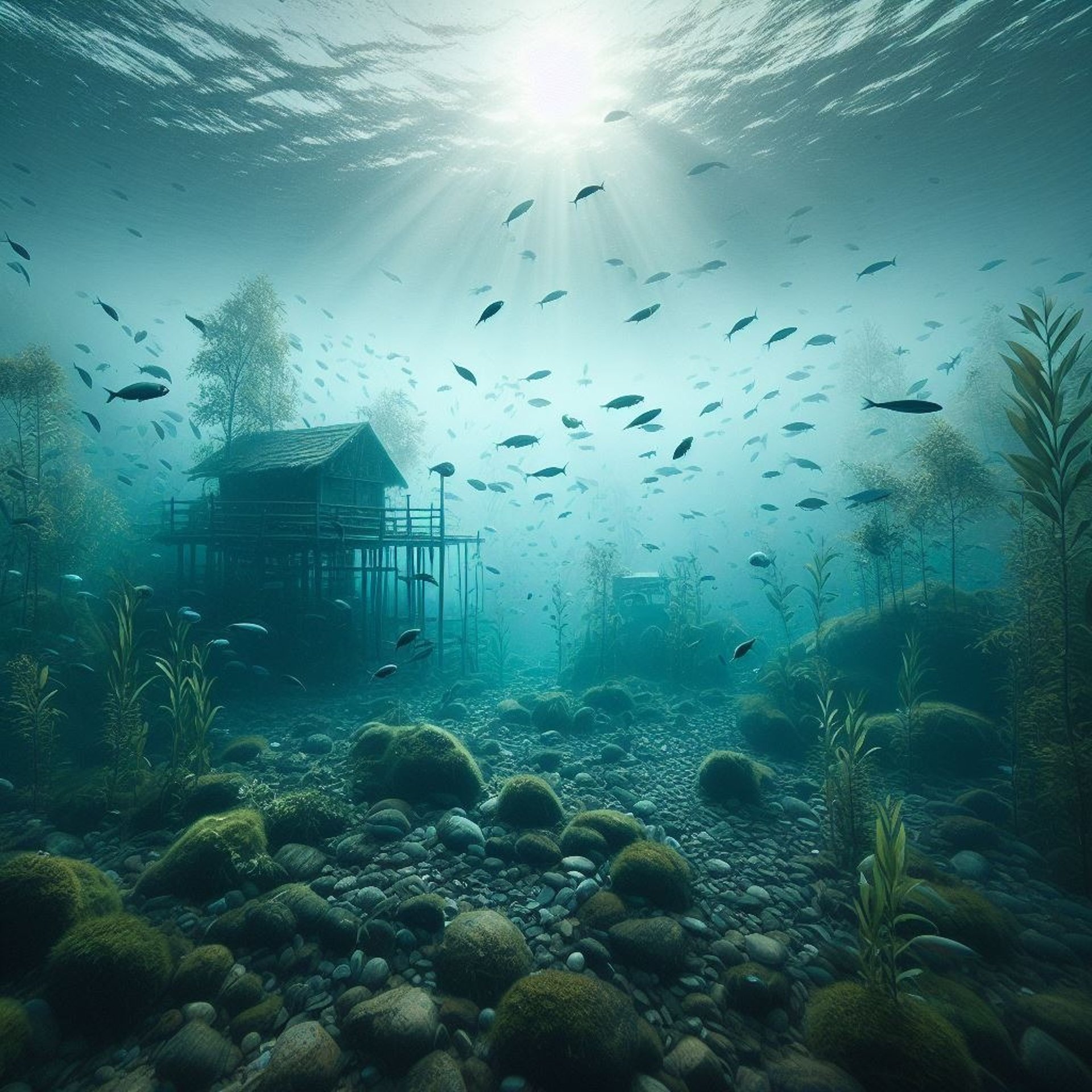
Mussels Spain
Mussel farming is a major aquaculture industry in Spain, with the vast majority of production concentrated in the region of Galicia. Spain is the world's second-largest producer of mussels, following only China.
Location and Method: Almost all Spanish mussel production (over 90%) takes place in the estuaries, or rías, of Galicia in the northwest. Mussels are cultivated using a traditional system of floating rafts, known as bateas. These rafts are anchored in the nutrient-rich waters of the estuaries, with ropes hanging down into the water where the mussels attach and grow.
Species and Quality: The primary species farmed is the Mediterranean mussel (Mytilus galloprovincialis). The industry is known for its high-quality product, which is protected by a European Union designation called the "Mejillón de Galicia" Protected Designation of Origin (PDO). The mussels are filter feeders, and the method of farming is considered environmentally sustainable because they require no external feed, relying on the natural phytoplankton in the water.
Economic and Cultural Importance: The mussel industry is a cornerstone of the Galician coastal economy, supporting thousands of jobs through direct farming and related industries like processing and canning. The sector is often comprised of family-owned farms and is an integral part of the local culture and cuisine. A significant portion of the harvest is sold fresh, while the remainder is processed for the canning industry.
Key Organizations: The industry is represented by associations like the Organización de Productores de Mejillón de Galicia (OPMEGA), which helps to organize production and promote the product.

Although FishFarmSolutions.com does not endorse third-party services, all links are reviewed for relevance and operational status. Verified listings meet our basic criteria for transparency and contactability.


